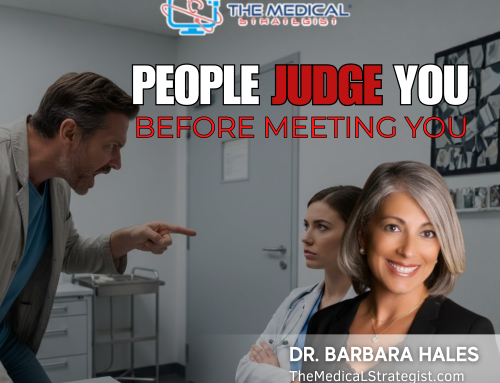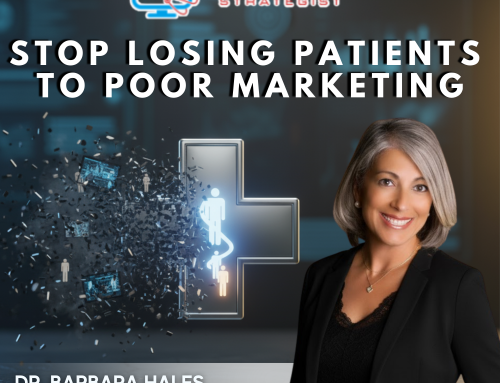A recent report by IMS Institute for Healthcare Informatics reveals that besides patients, doctors and other healthcare providers search Wikipedia for answers to health questions too. They state:
“Wikipedia is the leading single source of healthcare information for patients and healthcare professionals…[and] nearly 50% of U.S. physicians who go online for professional purposes use Wikipedia for information, especially on specific conditions.”
This can be found within the data points of the January 2014 report,Engaging Patients Through Social Media ,which also finds that medication use differs by age of the website surfer. The report viewed “social media channels,” such as Wikipedia, LinkedIn,Twitter, Facebook, and YouTube and concluded that they “allow the creation and exchange of user-generated content.”
However, it was noted that “Much like the pharmaceutical industry, healthcare professionals are usually perceived as laggard adopters of new technologies.” The recommendation to healthcare providers and physicians is to develop a plan for social media engagement to “fulfill their professional mission”.
The American College of Physicians (ACP) devised a policy issued in April 2013 in conjunction with the Federation of State Medical Boards (FSMB), offering detailed guidelines for physicians on appropriate use of social media, ACP president-elect David A. Fleming, MD, pointed out. He states:
“professional organizations and groups are expected to approach social media in a professional way to meet their professional mission…. It really is up to us to police ourselves and to inform ourselves about what appropriate behavior is.”
Whereas the ACP/FSMB guidelines addressed the specific scenarios of digital interactions between physicians and patients, physician blogging and posting on social media sites, and interprofessional relationships, the IMS report delivers a snapshot of current social media engagement.
- Overall use of social networking sites grew from 8% of all adults online in 2005 to 67% in late 2012 and up to 72% of U.S. adults online in May 2013.
- In making clinical decisions, physicians spend twice as much time using online resources compared to print.
- Physicians spend an average of 3 hours a week watching online videos for professional purposes, citing their top 3 as Medscapeand YouTube, followed by videos on pharmaceutical company websites.
Dr. Fleming admits to using Wikipedia, but not as a primary source of medical information, in addition to Google, Google Scholar, UpToDate, Epocrates, and ACP Smart Medicine. “You get multiple sources when you do a search. I don’t think that’s necessarily a bad thing. Any information we get, whether Wikipedia or any healthcare sites or blogs, have to be put in the context of a balanced view.”
Dr. Fleming added, “Before we share any information with our patients, we need to feel comfortable that the source is accurate and the information is evidence-based, regardless of where it comes from.”
Dr. Fleming opines “I think physicians have always had a responsibility to society to ensure accuracy and cogency of information that goes out to the public. That includes Wikipedia, but that’s just one part. We need to be participatory.”
Internet-empowered Patients
Dr. Fleming describes the good doctor as the one who tries to empower patients by providing information- ” That’s what informed consent is all about. That’s what patient-centered, shared decision-making is about.” “It’s encouraging discussion with the patient and families. A growing segment of patients are likely to appreciate this and may demonstrate increased loyalty.”
Find out how to further empower the patient. Get “Power to the Patient: The Medical Strategist” at :
https://www.themedicalstrategist.com/power-to-the-patient.html




